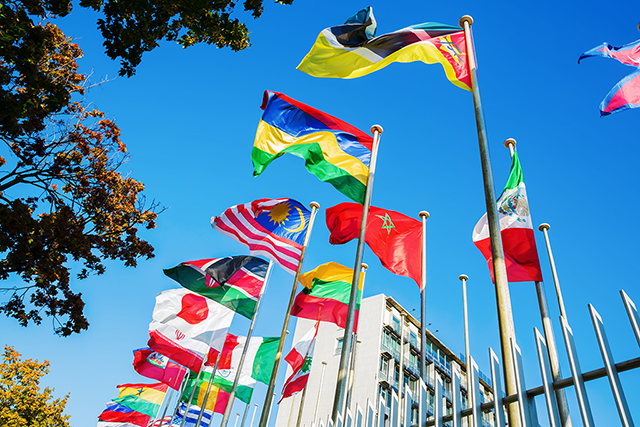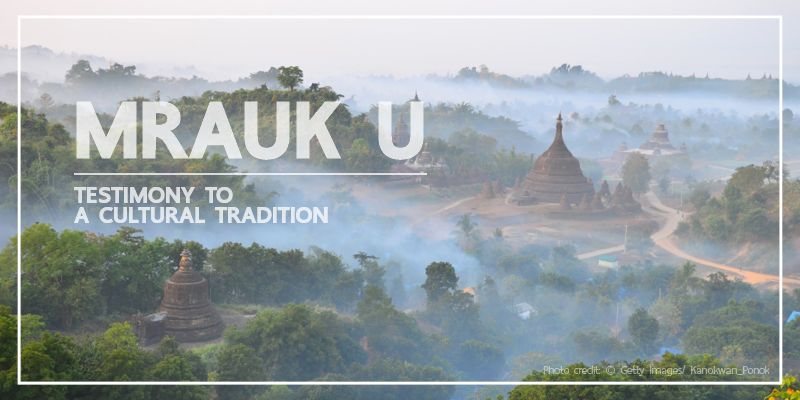Journey towards Mrauk U World Heritage nomination
With the deadline fast approaching for the submission of the World Heritage Nomination Dossier for Mrauk U in 2020, heritage experts, consultants and affiliated professionals are hard at work to finish in time.
Mrauk U, the capital of the historical Arakan Kingdom in present-day Rakhine State, is an outstanding example of ancient urbanization preserving architectural remains such as forts, temples, stupas, and other structures, all of which exhibit a variety of multicultural elements. ‘First, we must protect Mrauk U heritage region,’ said Thura U Aung Ko, Minister of Religious Affairs and Culture. ‘Secondly, this protection must be in line with international standards.’
The city served as an important trading port on the Bay of Bengal between the 16th and 18th centuries. In particular, historians and experts are convinced that the power of the Mrauk U Kingdom and its crucial military and economic role in the region derived from a well-engineered water management system.
Recent investigations carried out by a multi-disciplinary team lead by the Ministry of Religious Affairs and Culture - Department of Archaeology and National Museums (DoA) and UNESCO have contributed to a better understanding of this complex engineering system. The combination of water management and defensive infrastructure including trenches, fortified walls, water gates and canals, and their strategic siting inside and outside the city, demonstrate in part why Mrauk U was such an important and powerful capital.
The city is ‘an exceptional testimony to the Rakhine cultural tradition of extant and advanced water military-agrarian landscape settlement’, said Dr Shikha Jain, a Cultural Heritage expert.
With the complex, continuing conflicts and rapid economic development in Rakhine State, World Heritage inscription is all the more important to help protect the site and raise awareness about the cultural and communal values at stake. While World Heritage inscriptions safeguard cultural components of the site, the local community and other sectors must benefit from nomination as well.
‘For sure, the nomination raises awareness about heritage issues, gives people pride about their legacy as well as their history and it challenges people to feel responsible for the ruins,’ said Dr Jacques P Leider, an historian and Rakhine expert from the renown Ecole française d'Extrême-Orient. ‘Rakhine people are already very proud of their heritage and the nomination can truly transform this energy into the noble aim of preserving the historical sites according to international standards.’
An additional challenge is to guarantee that the nomination will have a positive impact on the local economy to contribute to much-needed positive change in Rakhine State. In this sense, topics such as community development, tourism planning and environmental management are also addressed during the process leading to nomination as more stakeholders are brought into the conversation.
To achieve long-term sustainability of Mrauk U, local authorities, relevant ministries and other participants need to coordinate their efforts. The conservation of cultural values needs to be balanced with people’s expectations, mitigating factors that may affect the site while promoting the livelihoods and development of the local community.
‘Every step of [the] planning process must be done in a transparent, inclusive and participatory manner,’ said Min Jeong Kim, Head of UNESCO Myanmar Office, adding it is necessary to avoid potential conflict and ensure that mistakes from the past are not repeated.
With support from UNESCO, the Italian Agency for Development Cooperation, World Bank, Southeast University and other national and international experts, the DoA is coordinating the joint effort to inscribe the ancient capital on the World Heritage list.






